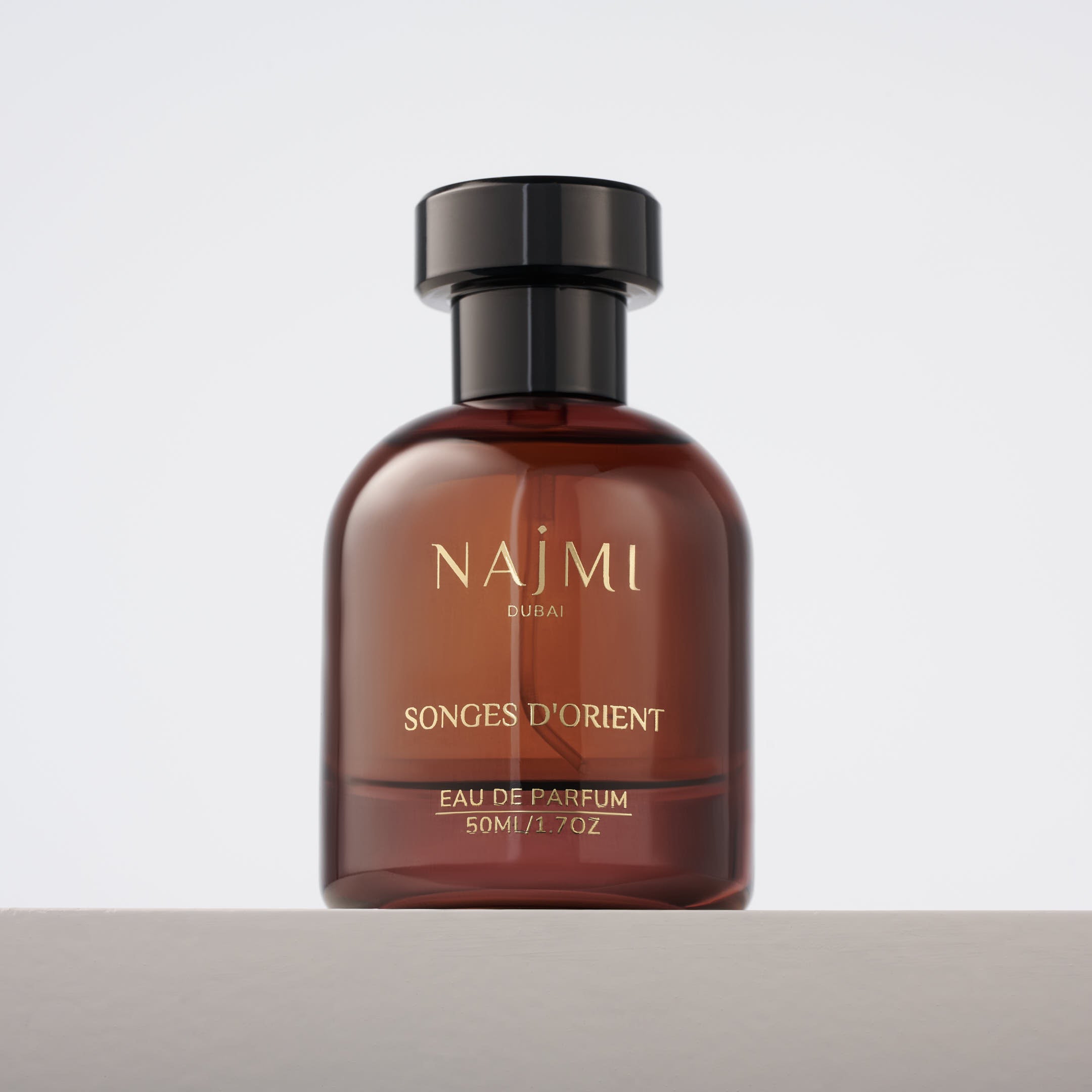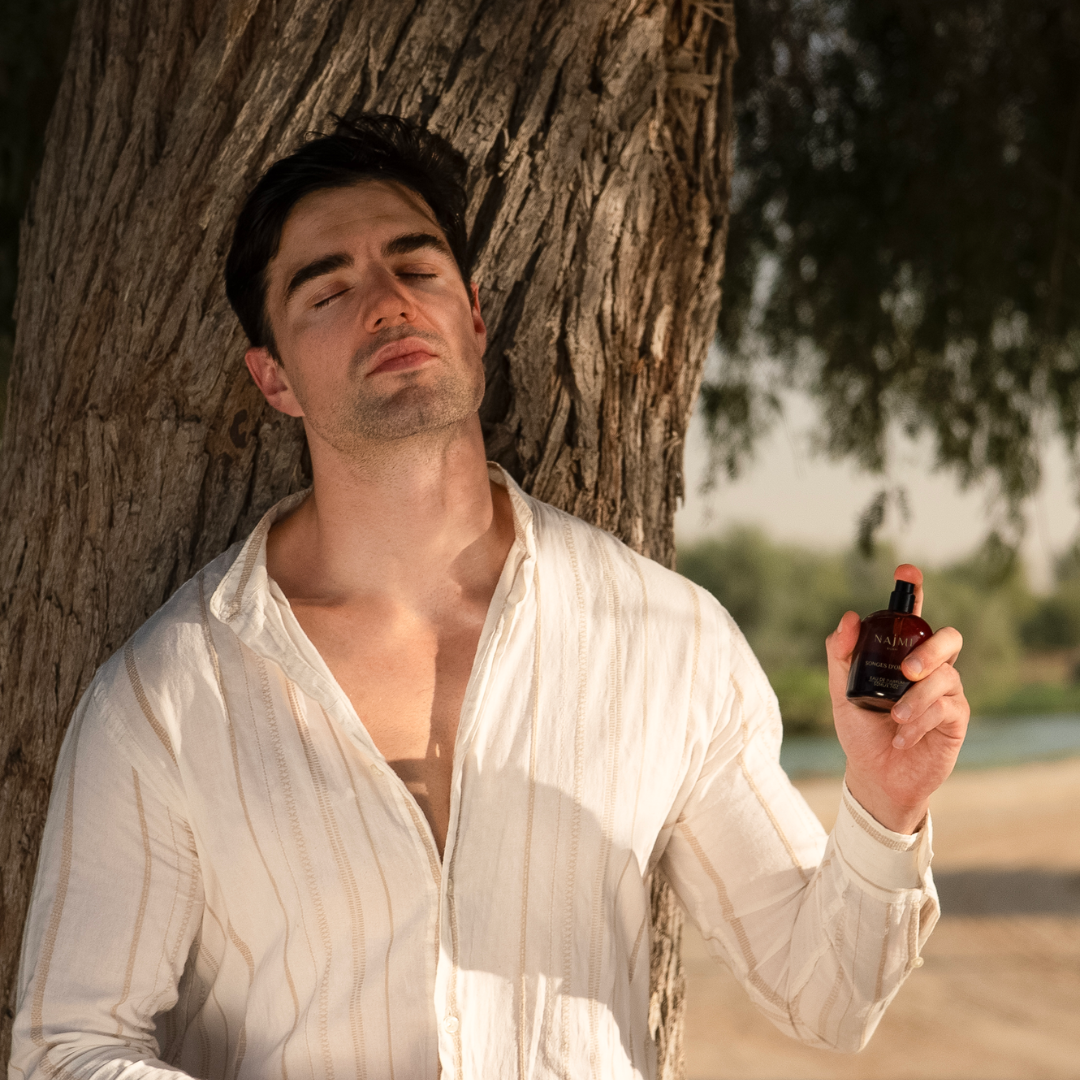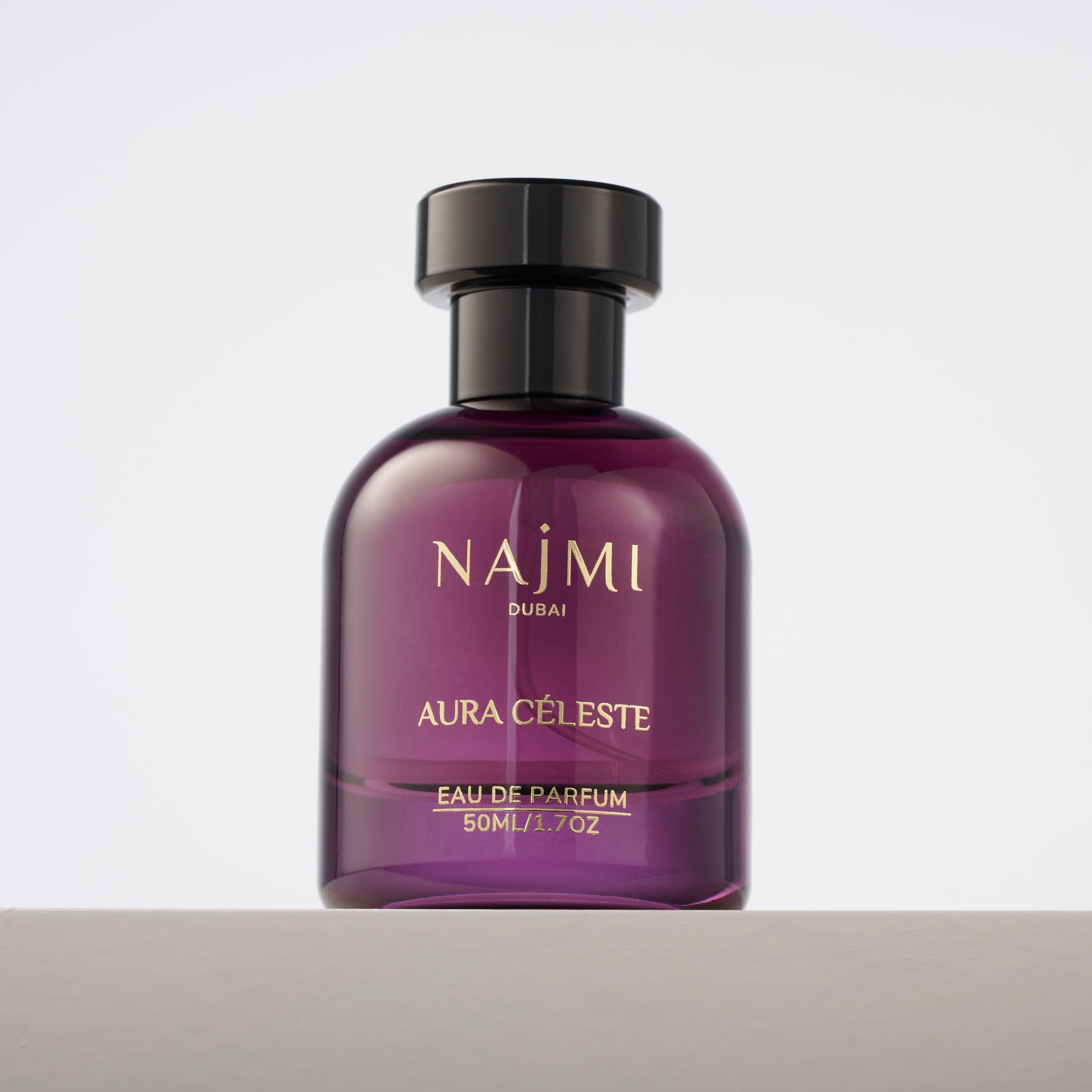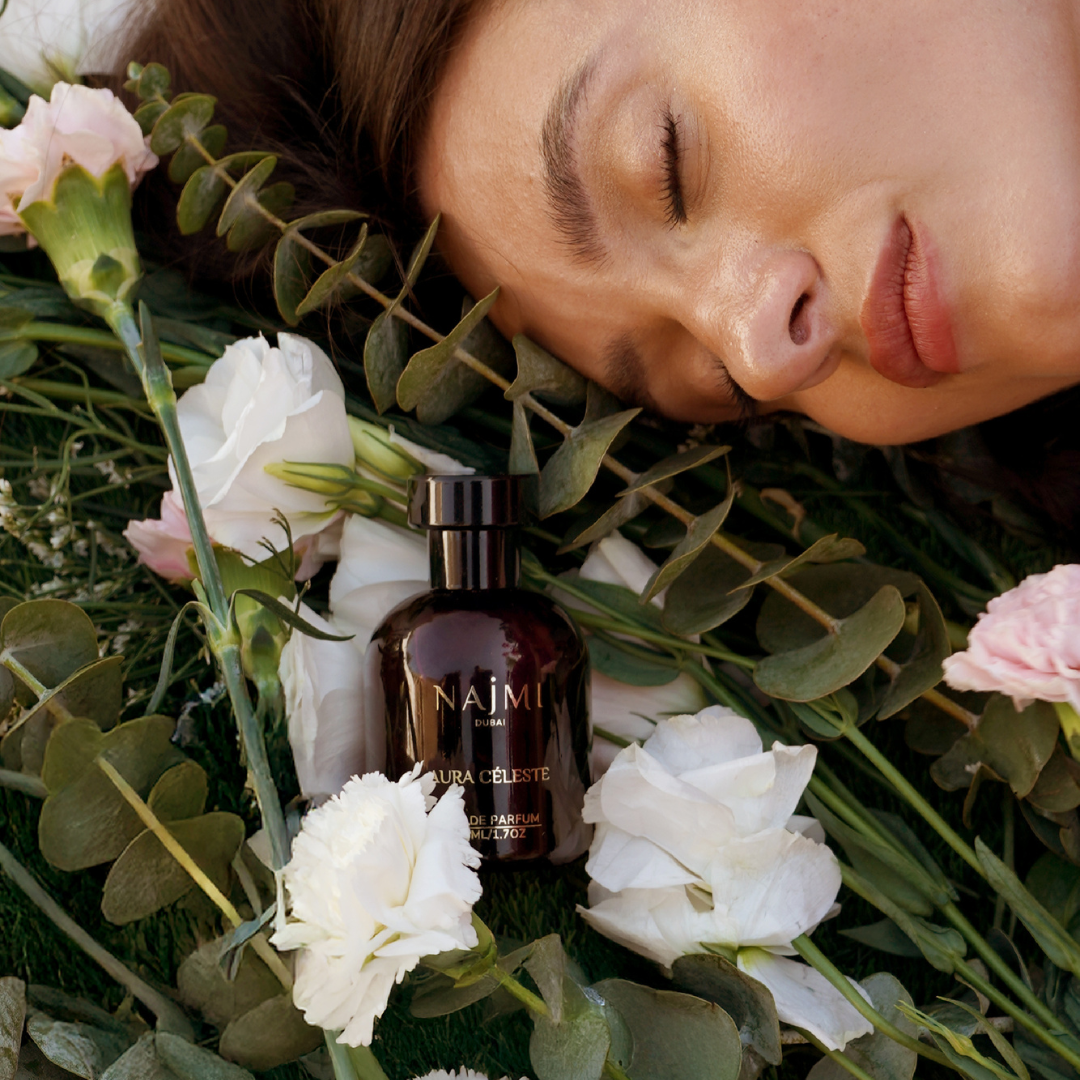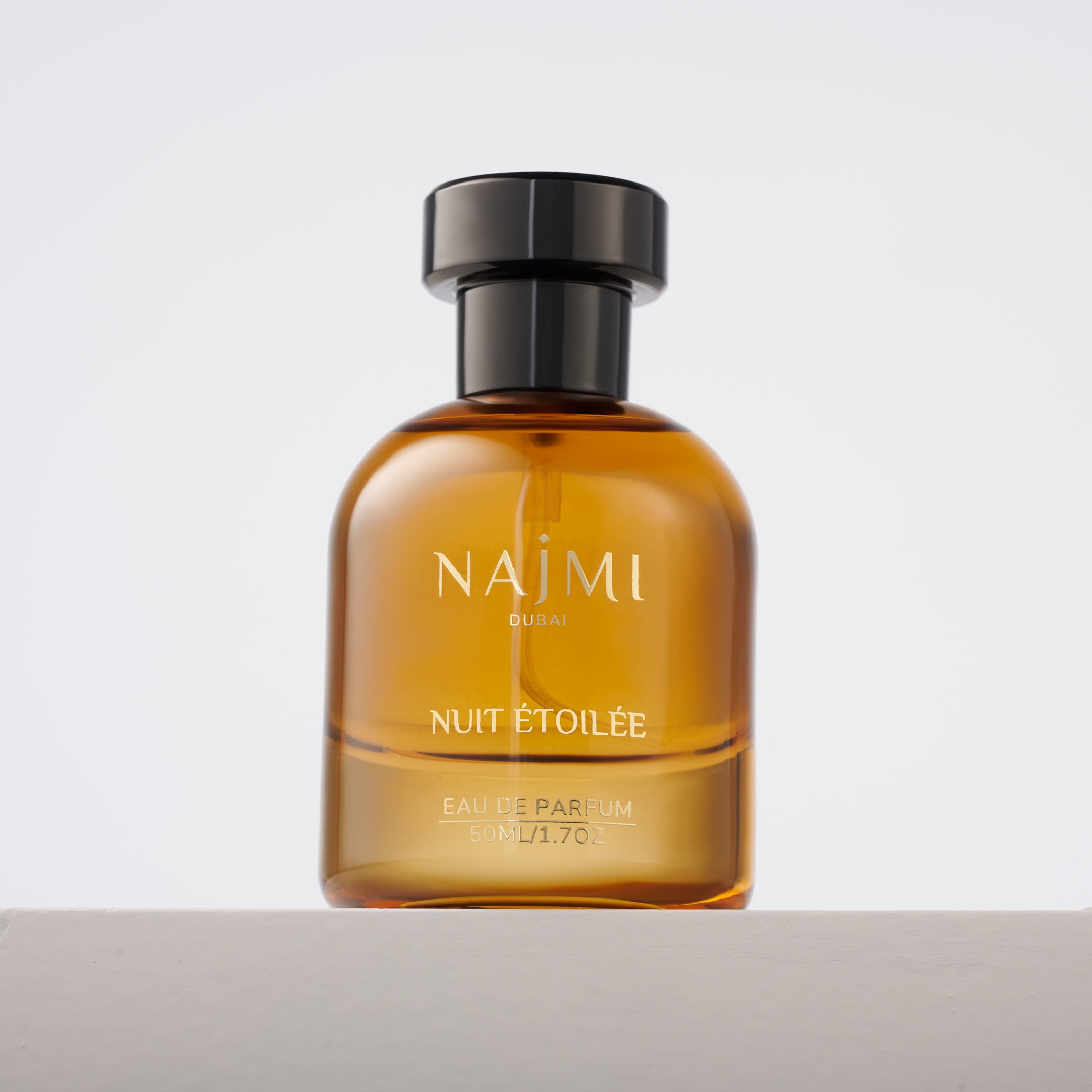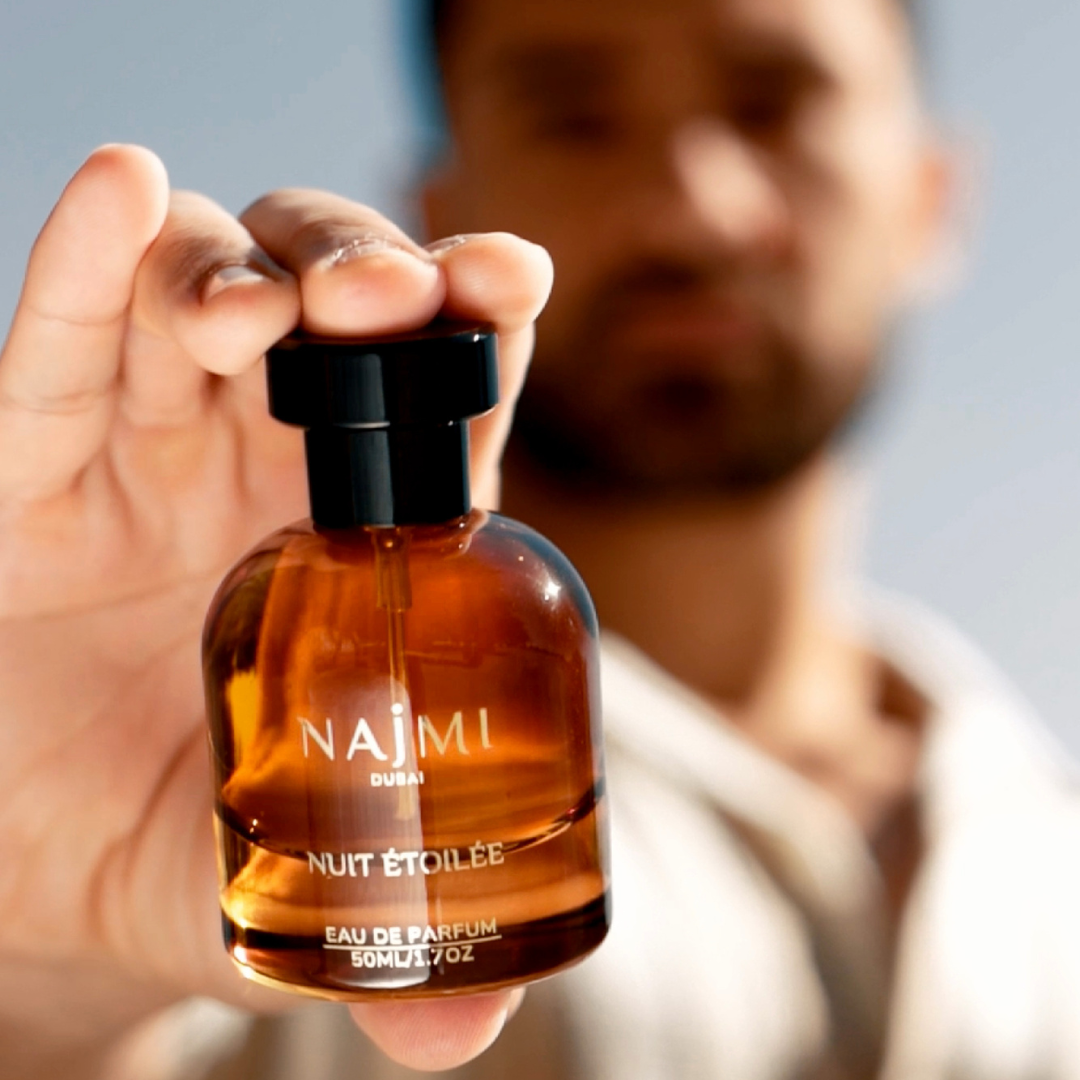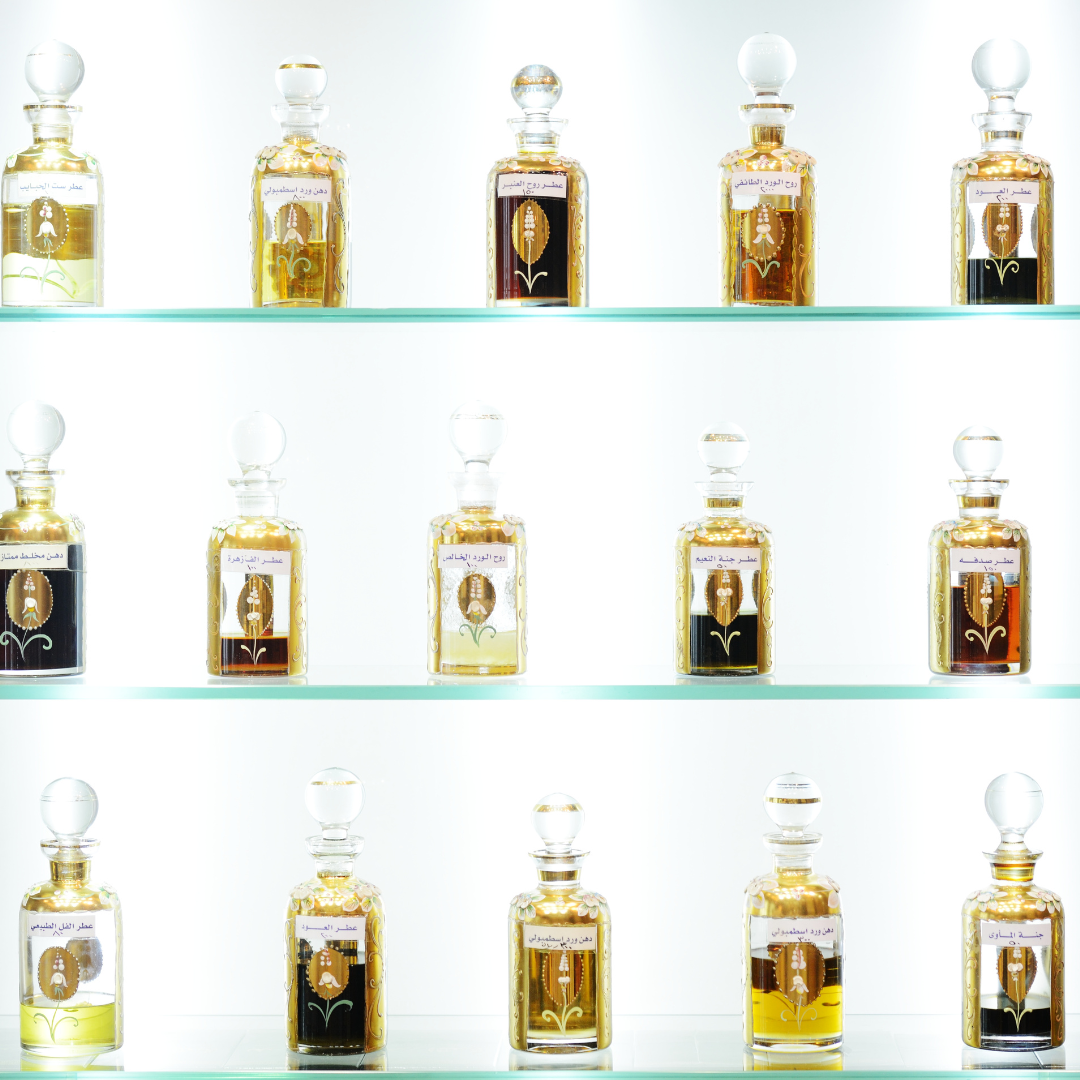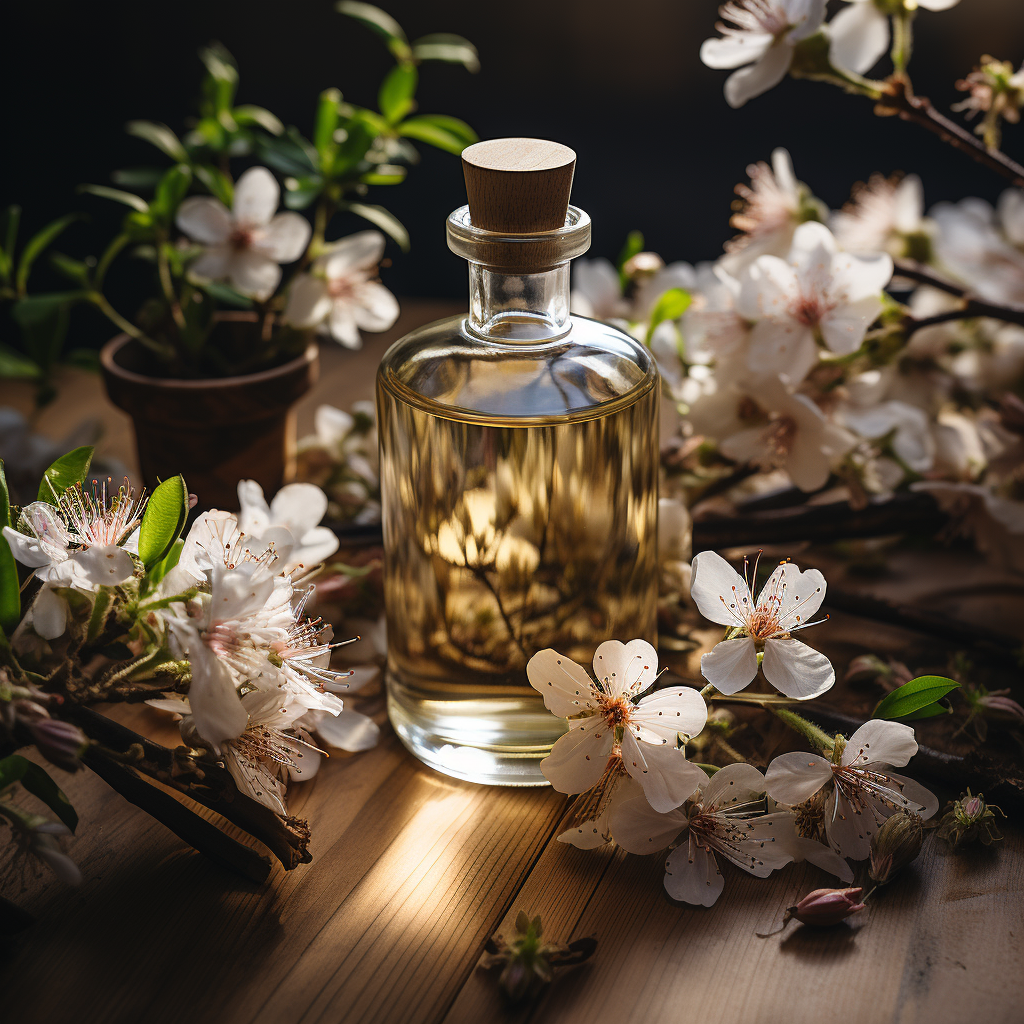
Musk in Oriental Perfumery: Between Tradition and Elegance
Oriental perfumery has always been synonymous with luxury, mystery, and seduction. At the heart of this captivating olfactory tradition lies the use of musk, a precious note that has played a central role in creating some of the most iconic fragrances of the East. In this article, we will explore the fascinating history of musk in Oriental perfumery, its profound cultural significance, as well as its modern counterpart, white musk, and its role in crafting unforgettable fragrances.
The Rich History of Musk: Musk is a note with a long history in Oriental perfumery. It derives its name from the Persian "musk," which means "testicle," referring to the shape of musk glands in certain animals. Musk has been used in perfumery for thousands of years, dating back to ancient Egypt, where it was considered a precious ingredient for religious rituals and beauty. Egyptian pharaohs used musk in their massage oils and ointments.
Musk: An Animalic and Sensual Note: Musk possesses a unique quality in perfumery. It is typically obtained from musk glands of animals such as the Asian musk deer or musk ox. This note is known for its animalic, sensual, and warm character. When blended with other ingredients, it adds a mysterious depth to Oriental perfumes, creating an unforgettable olfactory footprint.
Musk in Famous Fragrances: Musk has played a significant role in the creation of some of the most iconic Oriental fragrances. One of the most famous examples is Frédéric Malle's "Musc Ravageur," a perfume that combines musk with spices and woody notes to create a seductive and enchanting fragrance. Another reference is The Body Shop's "White Musk," which offers a softer and cleaner version of musk.
White Musk: A Modern Evolution: White musk, also known as "white musk," is a modern variation of traditional musk. Unlike animal musk, white musk is typically synthetic, making it more animal-friendly. It has its own qualities, evoking cleanliness, freshness, and purity. White musk has become popular in contemporary perfumery for its lighter nuances and its ability to add a touch of softness to modern Oriental fragrances.
The Cultural Significance of Musk: Beyond its role in perfumery, musk also holds deep cultural significance in many Oriental regions. It is often associated with purity, spirituality, and seduction. In some cultures, musk is worn on special occasions, such as weddings, to symbolize beauty and sensuality.
A Tradition That Endures: Musk remains an essential note in Oriental perfumery. Its sensual character, along with the emergence of white musk, continues to captivate and seduce fragrance enthusiasts. The use of musk in Oriental perfumery is a fascinating journey through history, culture, and seduction, with modern variations that perpetuate this rich olfactory tradition.
Explore musk in all its facets through our collection, from traditional perfumes to contemporary creations, and discover the art of Oriental perfumery in all its splendor.
DISCOVER
The Fragrances

